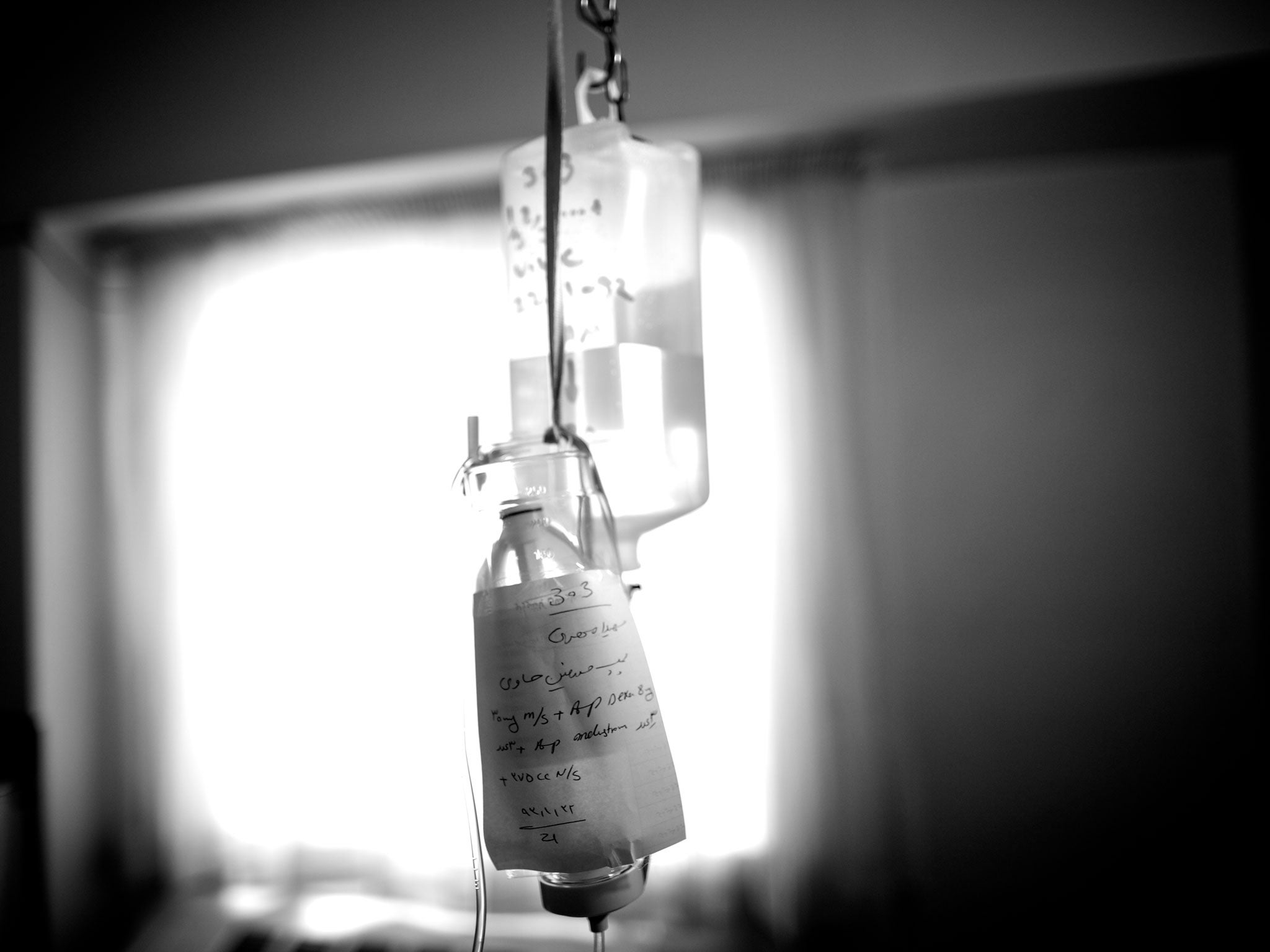Cancer survival rates show stark reality of north-south divide

Stark regional differences of cancer mortality and incidence rates are revealed for the first time today by a leading charity, resulting in calls for more to be done to address health inequality in Britain.
Cancer Research UK has drawn up a comprehensive breakdown of cancer statistics that can be searched geographically by postcode, healthcare area or local authority.
The data shows sharp regional variations in cancer survival and mortality rates across the UK, with London and the South coming out best and the North performing worst.
Those living in affluent London boroughs like Kensington and Chelsea and Westminster are the least likely to contract or die from cancer in the country, whereas cities in the North such as Liverpool and Manchester show the highest prevalence – and death rate – of the disease.
Cancer Research UK said the data starkly illustrates the north-south divide and the need for local health chiefs in some of the worst performing areas to do more to tackle the causes of cancer such as smoking, drinking and lack of exercise.
Sara Hiom, director of early diagnosis and patient engagement at Cancer Research told The Independent there were “stark differences”.
“There has been plenty in the news over the years about north-south divide and a lot of factors will play into that. Incidences are very often a reflection of lives that have been led: deprivation, high smoking rates, high alcohol rates, low exercise – all the things that we know contribute to increased cancer risk,” she said.
“If you get well-established communities that are either incredibly well-off or deprived, the chances are you are going to get higher cancer incidences in the more deprived areas, and [the] converse.”
According to the most recent data provided by the Kensington and Chelsea Primary Care Trust and cited by the charity, 295.9 people out of 100,000 developed cancer.
That figure is well down on the national average of 398.1 per 100,000, but even further below the highest incidence rate of 498.4 out of 100,000 at the Liverpool Primary Care Trust.
Cancer mortality rates show a similar trend. The lowest rate of 123.9 deaths per 100,000 is recorded by the Kensington and Chelsea PCT, with Liverpool PCT registering the highest number of deaths in the country at 239.9.
Again, Kensington and Chelsea and prosperous areas of south England such as Devon and Surrey have the lowest instances of lung cancer, whereas Liverpool and Manchester have the highest.
“It has been known for hundreds of years that much of health inequality relates to relative wealth,” said Paul Moss, head of the Birmingham Cancer Research UK Centre.
But he warned that the data could prompt finger-pointing at health authorities.
“A problem could arise if people see that there are more cases of lung cancer in cities such as Liverpool or Manchester and then assume that it’s because the doctors and the health service are not good enough there, whereas in reality it is likely to reflect patterns of lifestyle.”
Ms Hiom said the data would raise awareness about regional cancer rates and the need for more preventative initiatives at a time when services like smoking cessation could be under threat from the huge reorganisation of the NHS.
Much of public health is being broken up and put into the hands of local authorities, now increasingly responsible for a range of services such as smoking cessation and schemes aimed at tackling alcohol and drug abuse.
“These figures will hopefully make MPs and health policy and decision-makers sit up and take notice,” she said.
Join our commenting forum
Join thought-provoking conversations, follow other Independent readers and see their replies
Comments